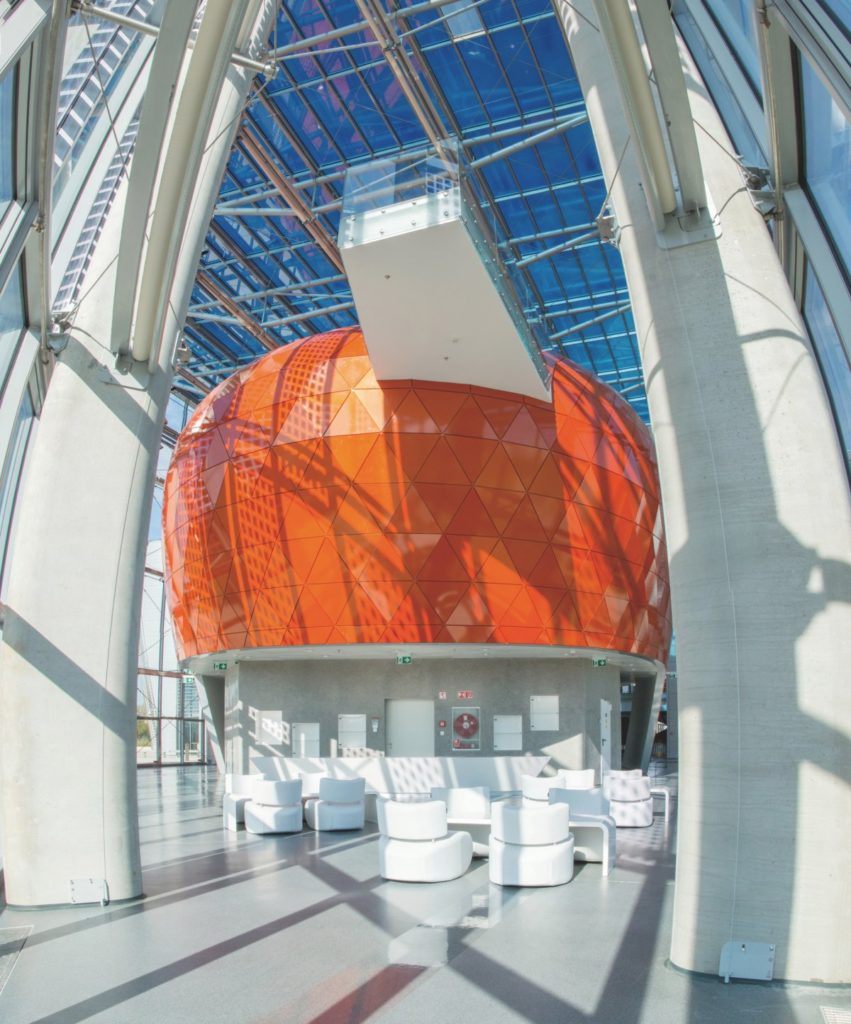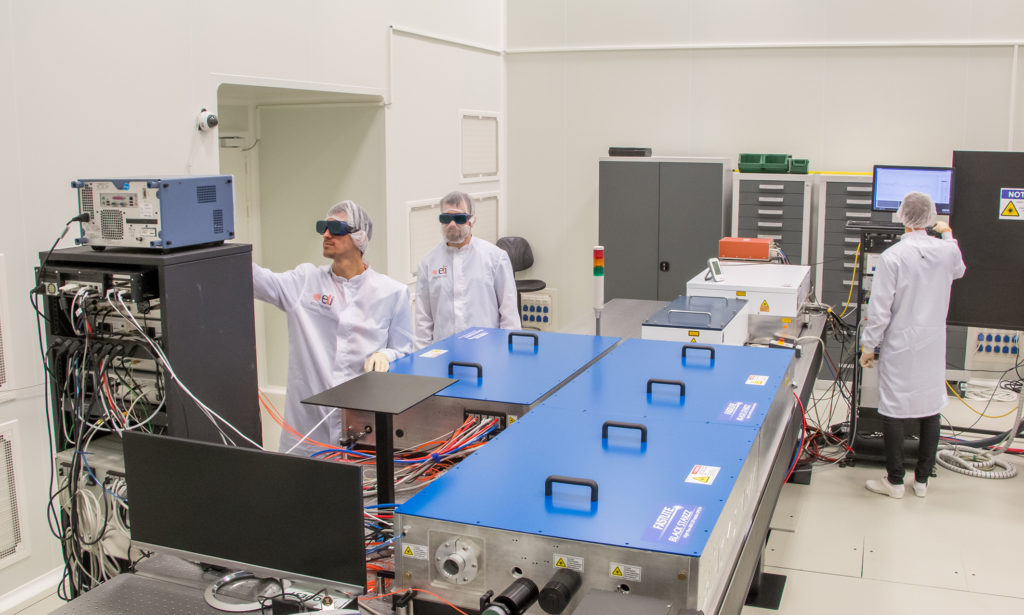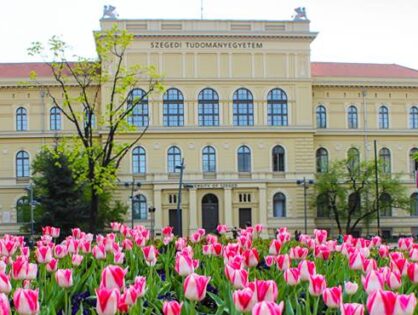Super laser research facilities in Hungary and the Czech Republic will form a European Research Infrastructure Consortium (ERIC), Minister for Innovation and Technology László Palkovics said after meeting with Czech Deputy Prime Minister and Minister of Industry and Trade Karel Havlíček in Prague on Monday.
The ELI-ALPS super laser facility, University of Szeged
An ERIC is a specific legal form that facilitates the establishment and operation of research infrastructures with European interest, according to the European Commission website. An ERIC allows the establishment and operation of new or existing research infrastructures on a non-economic basis, it adds.
The ERIC is expected to start operating in January 2020, with other countries potentially joining the consortium later, Palkovics was cited as saying by state news wire MTI. Italy is expected to join first, with a number of other countries, such as Germany, France and the U.K., also interested, he added.

The Extreme Light Infrastructure Attosecond Light Pulse Source (ELI-ALPS) laser research center in Szeged (southern Hungary) focuses on experiments using ultrashort light pulses, while the ELI facility in the Czech Republic experiments using ultrahigh intensity light. Another ELI facility near Bucharest, Romania, conducts photoinduced nuclear experiments.
ELI-ALPS is the largest research and development project in Hungary to date, according to the European Unionʼs official web portal europa.eu. Co-funded by the EU, the center can produce the highest number of and, at the same time, the shortest laser pulses in the world, allowing atomic processes within molecules to be observed.
The ELI research facilities in Szeged and in Dolní Břežany, on the outskirts of Prague, offer excellent conditions for researchers in a number of sciences in addition to physics and biochemistry, Palkovics said.

Palkovics and Havlíček also discussed opportunities for bilateral cooperation in the areas of energy, innovation, and modern technologies, MTI added.
Fielding a question on possible cooperation in the area of nuclear energy, Palkovics said an upgrade of Hungaryʼs Paks Nuclear Power Plant is further along than the planned expansion of the Czech Republicʼs two nuclear power plants, adding that Hungary would be happy to share its experiences.
Source: Budapest Business Journal




